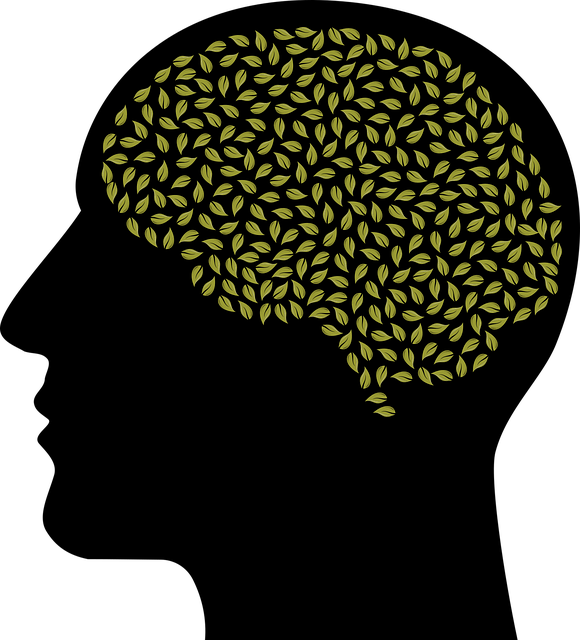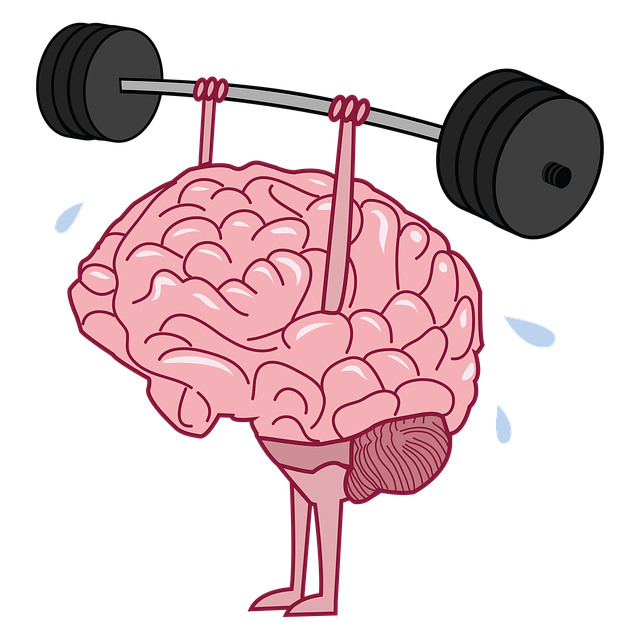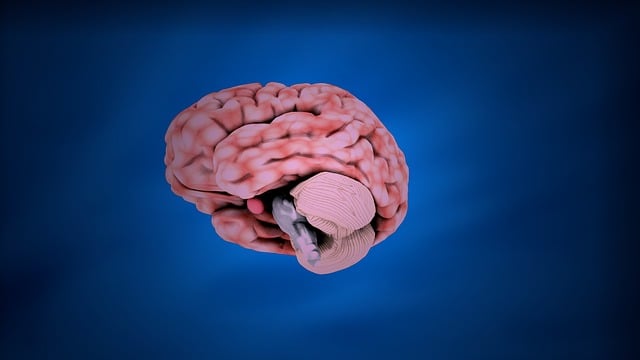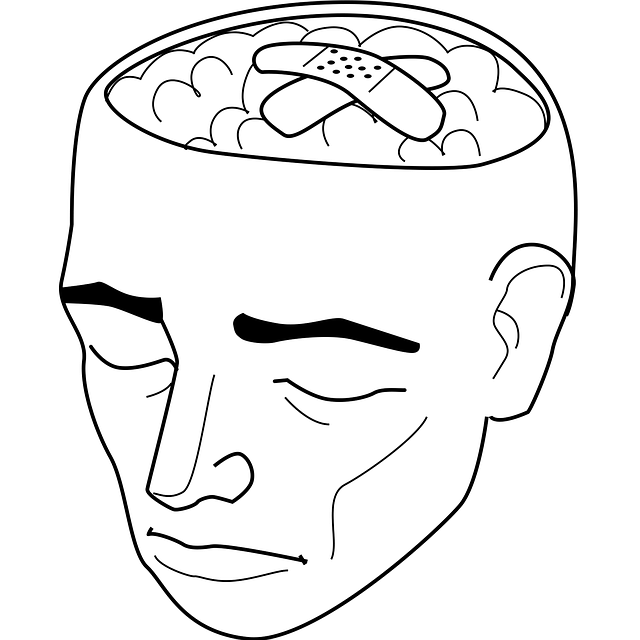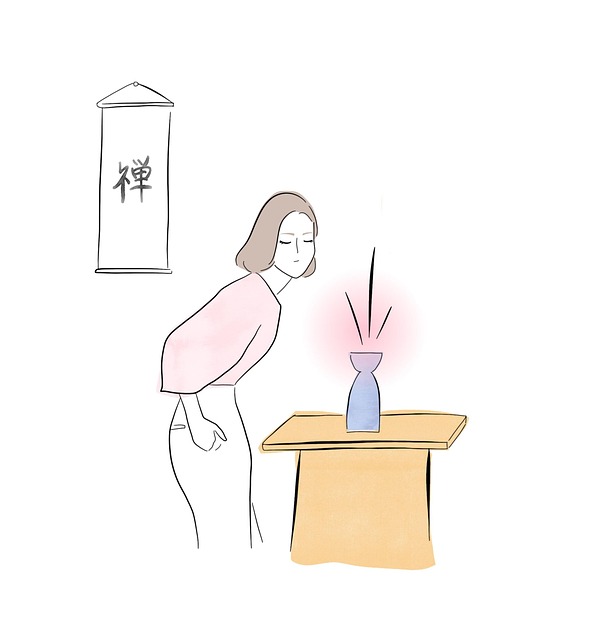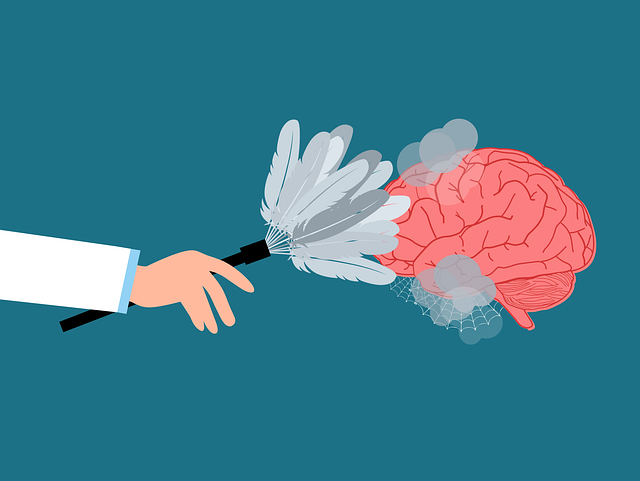Superior Cognitive Processing Therapy (SCPT) is a life-saving crisis intervention approach that enhances mental agility and emotional resilience during acute distress. By focusing on cognitive strategies, mindfulness meditation, and open communication, SCPT empowers individuals to challenge negative thought patterns, adopt healthier perspectives, and build long-term emotional wellness. This holistic therapy, supported by active listening and trauma support services, creates a safe environment for personal growth and recovery, making it invaluable in both personal and professional settings. Continuous care post-crisis includes personalized coaching, supportive communities, and resources for ongoing mental health awareness, ensuring individuals have the tools to overcome challenges and sustain emotional well-being.
In times of crisis, effective intervention strategies are vital. This article offers comprehensive guidance on navigating through acute situations, focusing on the power of Superior Cognitive Processing in managing trauma and stress. We explore evidence-based approaches, including tailored therapy techniques with step-by-step implementation. From creating safe spaces to continuous care post-intervention, readers will gain insights into fostering resilience and long-term recovery. Discover how these strategies enhance support systems and revolutionize crisis management through Superior Cognitive Processing therapy.
- Understanding Crisis Intervention: A Brief Overview
- The Role of Superior Cognitive Processing in Crisis Management
- Applying Therapy Techniques: Step-by-Step Guidance
- Creating a Supportive Environment for Effective Intervention
- Continuous Care and Follow-up Strategies for Long-Term Recovery
Understanding Crisis Intervention: A Brief Overview

Crisis intervention is a critical component of mental health support, designed to provide immediate assistance and guidance during times of acute distress. It involves strategies that help individuals navigate and manage overwhelming situations, offering them a sense of control and coping mechanisms for long-term well-being. Superior Cognitive Processing Therapy (SCPT) is a proven effective approach within this framework, focusing on enhancing an individual’s cognitive abilities to process and understand their crisis more effectively. By encouraging self-awareness exercises and promoting the development of inner strength, SCPT equips people with tools to challenge negative thought patterns and develop healthier perspectives.
Incorporating self-care routine development for better mental health is a key aspect of crisis intervention. This involves teaching individuals strategies to prioritize their well-being, manage stress, and maintain resilience. Through practical techniques and mindfulness practices, those facing crises can cultivate inner resources, fostering adaptability and a sense of calm amidst challenging circumstances.
The Role of Superior Cognitive Processing in Crisis Management

In moments of crisis, the ability to think clearly and strategically can be a life-saving asset. This is where Superior Cognitive Processing (SCP) Therapy steps in as a powerful tool. SCP focuses on enhancing one’s mental agility and emotional resilience during high-stress situations. By utilizing advanced cognitive strategies, individuals can navigate challenging circumstances with greater composure and effectiveness. The therapy emphasizes the mind over matter principles, teaching clients to manage their thoughts and emotions rather than being overwhelmed by them.
This therapeutic approach incorporates practices such as mindfulness meditation to foster mental wellness. It encourages a calm and focused state, enabling people to make rational decisions and respond adaptively to crises. Through SCP, individuals gain the skills to analyze situations objectively, identify potential solutions, and implement them calmly. This strategy proves invaluable in various settings, from personal life to professional environments, where quick and clear thinking can be the difference between managing and escalating a crisis.
Applying Therapy Techniques: Step-by-Step Guidance

Applying Therapy Techniques: Step-by-Step Guidance
When implementing crisis intervention strategies, Superior Cognitive Processing Therapy (SCPT) stands out as a powerful tool. This evidence-based approach involves guiding individuals through a structured process to enhance their mental wellness and emotional healing processes. The initial step is to create a safe, non-judgmental space where the person feels comfortable sharing their experiences. Here, active listening becomes pivotal, allowing the individual to express their thoughts and emotions freely.
Next, SCPT facilitates superior cognitive processing by helping clients challenge negative thought patterns and replace them with more adaptive perspectives. This involves teaching mindfulness meditation techniques to foster present-moment awareness and reduce reactivity to distressing thoughts or memories. By integrating these practices, crisis intervention becomes not just a reactive measure but an empowering process that promotes long-term mental wellness and emotional resilience.
Creating a Supportive Environment for Effective Intervention

Creating a supportive environment is paramount for effective crisis intervention. This involves establishing immediate safety and ensuring the individual feels heard, understood, and respected. Trained professionals can foster such an environment by employing active listening techniques, validating emotions, and maintaining non-judgmental attitudes. A safe space allows individuals to engage in superior cognitive processing therapy, helping them reflect on their thoughts and feelings more clearly. By facilitating open communication strategies, mental health practitioners enable clients to express themselves honestly, which is crucial for identifying underlying issues.
Additionally, incorporating trauma support services within the intervention process can be transformative. This may include teaching effective mood management techniques tailored to individual needs. Such approaches not only address acute crises but also build resilience by empowering individuals to better cope with future challenges. A supportive environment thus becomes a catalyst for personal growth and recovery, enhancing the overall effectiveness of crisis intervention strategies.
Continuous Care and Follow-up Strategies for Long-Term Recovery

In the journey towards long-term recovery, continuous care and follow-up strategies play a pivotal role in sustaining mental wellness. Beyond the initial crisis intervention, individuals often require ongoing support to prevent relapse and foster resilience. Superior Cognitive Processing Therapy (SCPT) is a highly effective approach that empowers clients by enhancing their ability to process and understand traumatic events, leading to profound emotional healing. This therapeutic method encourages active engagement in managing triggers and developing coping mechanisms tailored to individual needs.
Post-crisis care can include a combination of elements such as Mental Wellness Coaching Programs, which provide personalized guidance and accountability. These programs often incorporate Mind Over Matter principles, helping individuals reframe negative thought patterns and build mental stamina. Regular check-ins, supportive communities, and access to resources for ongoing mental health awareness contribute to a robust recovery ecosystem. Such strategies ensure that those in recovery have the necessary tools and support systems to navigate challenges and maintain their emotional well-being over time.
Crisis intervention strategies, as outlined in this article, emphasize the importance of a multifaceted approach. By combining techniques from Superior Cognitive Processing Therapy with a supportive environment and continuous care, professionals can effectively guide individuals through acute crises towards long-term recovery. These strategies not only help mitigate immediate distress but also foster resilience, enabling folks to navigate future challenges with enhanced coping mechanisms.
